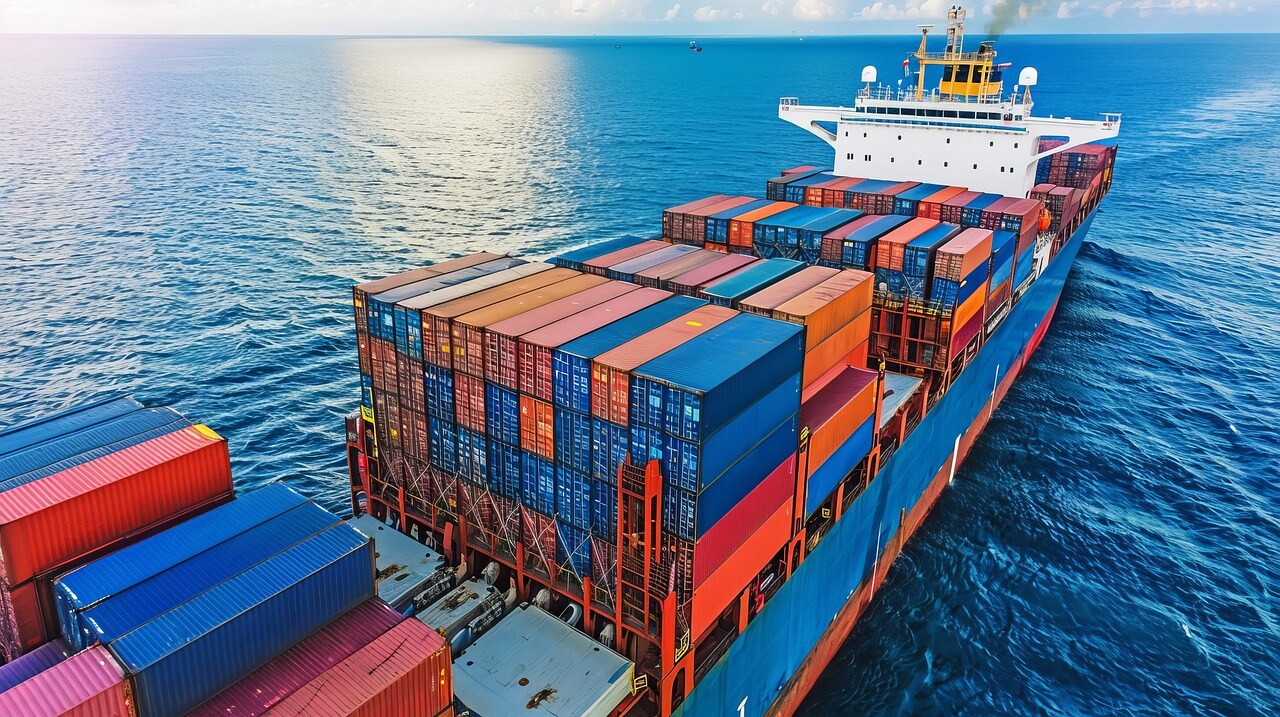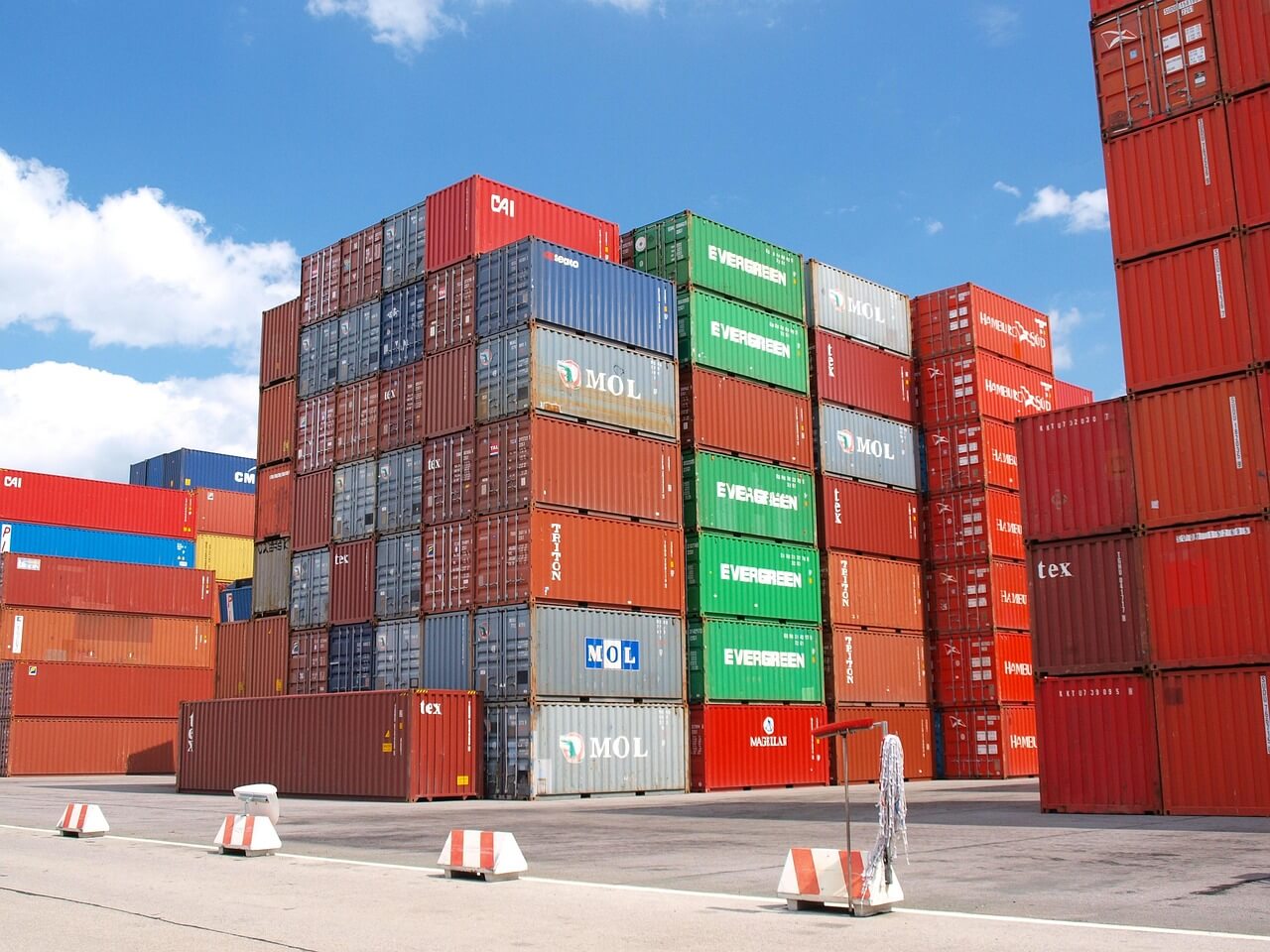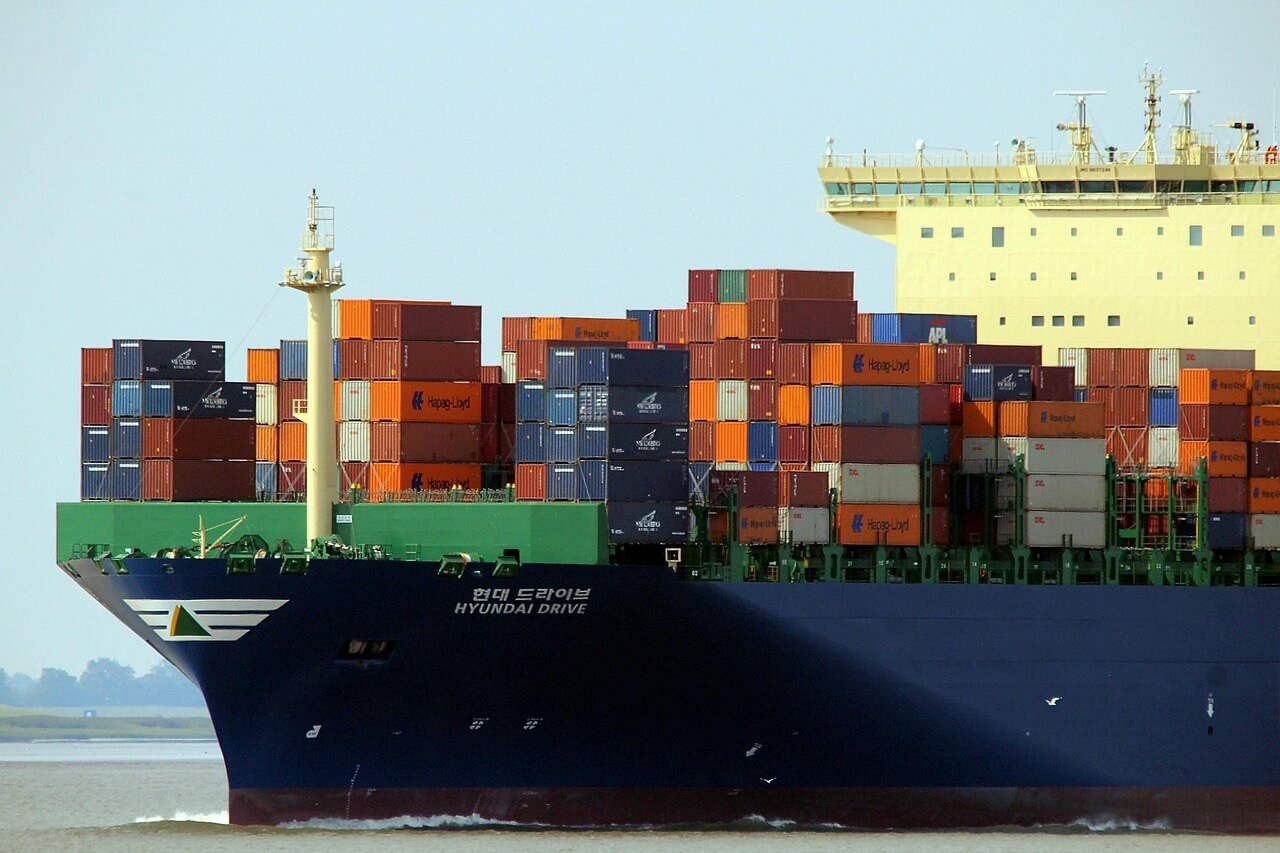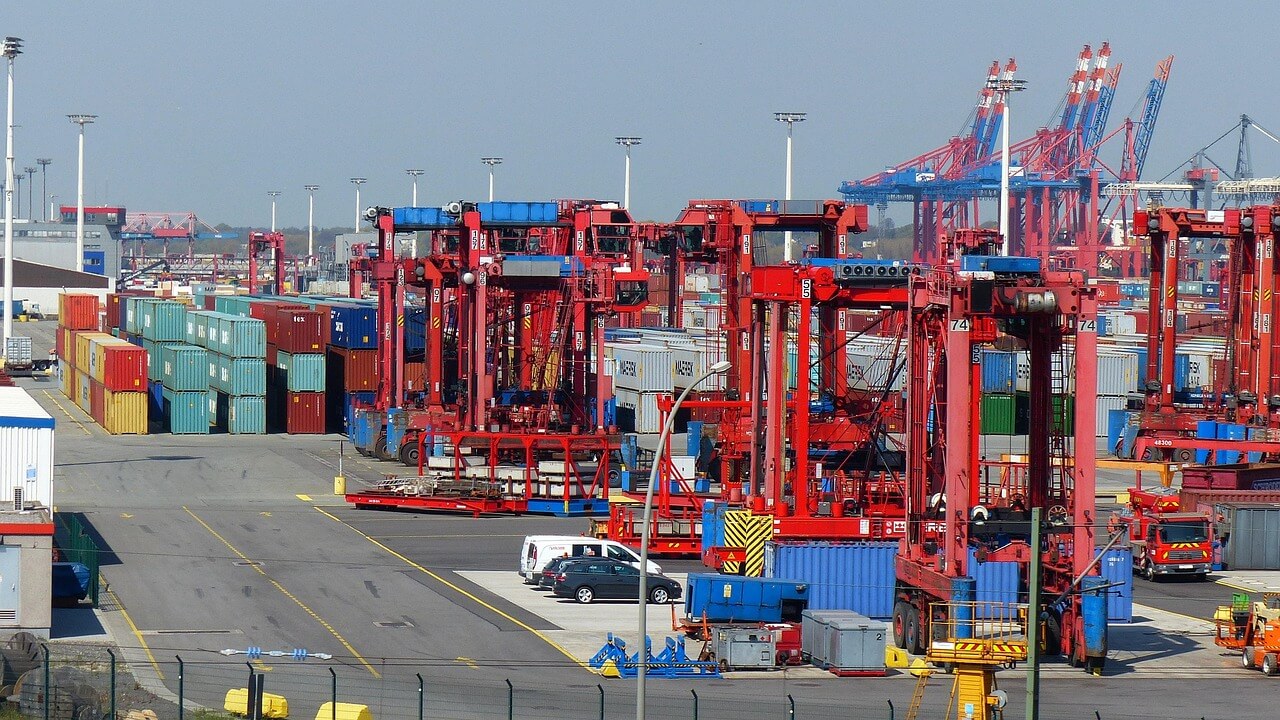
28
Apr
Is the fast shipping cost affected by fuel surcharges for Qatar freight forwarding exports?
The Impact of Fuel Surcharges on Freight Forwarding Costs for Export in Qatar
In Qatar, the export industry relies heavily on freight forwarding services to transport goods across international borders. One significant cost component in this process is the transportation cost, which includes the fees for speed of delivery. This article explores whether fuel surcharges impact the cost of freight forwarding in Qatar, particularly for exports.
Firstly, it is important to understand the concept of fuel surcharges. Fuel surcharges are additional fees charged by freight forwarders to compensate for the increased cost of fuel, which is a major component in the transportation industry. As fuel prices fluctuate, these surcharges can significantly affect the overall cost of shipping.
In Qatar's export sector, where goods are often transported to various international destinations, fuel surcharges play a crucial role. These surcharges are often passed on to customers by freight forwarders, who in turn absorb some of the cost associated with volatile fuel prices.
The impact of fuel surcharges on the cost of freight forwarding varies depending on several factors, including distance to be covered, type of goods being transported, and market conditions at the time of shipment. In general, higher fuel prices result in increased surcharges, which subsequently raise the overall cost of exporting goods from Qatar.
Moreover, the speed of delivery also plays a role in determining the impact of fuel surcharges. Expedited shipments require faster modes of transportation, which often come with higher fuel consumption and consequently higher fuel surcharges. Therefore, when considering the cost of exporting goods in Qatar, both the speed of delivery and the associated fuel surcharges must be factored in.
To mitigate the impact of fuel surcharges on export costs, freight forwarders in Qatar need to adopt several strategies. This includes closely monitoring fuel prices and market conditions to identify trends and negotiate better rates with their suppliers or carriers. Additionally, adopting efficient logistics practices and optimizing routes can help reduce fuel consumption and consequently lower surcharges.
In conclusion, fuel surcharges do impact the cost of freight forwarding in Qatar, particularly for exports. This impact varies depending on several factors, including distance, type of goods, and market conditions. To mitigate this impact, freight forwarders need to adopt proactive measures that focus on optimizing logistics practices and mitigating the effects of fluctuating fuel prices.
In Qatar, the export industry relies heavily on freight forwarding services to transport goods across international borders. One significant cost component in this process is the transportation cost, which includes the fees for speed of delivery. This article explores whether fuel surcharges impact the cost of freight forwarding in Qatar, particularly for exports.
Firstly, it is important to understand the concept of fuel surcharges. Fuel surcharges are additional fees charged by freight forwarders to compensate for the increased cost of fuel, which is a major component in the transportation industry. As fuel prices fluctuate, these surcharges can significantly affect the overall cost of shipping.
In Qatar's export sector, where goods are often transported to various international destinations, fuel surcharges play a crucial role. These surcharges are often passed on to customers by freight forwarders, who in turn absorb some of the cost associated with volatile fuel prices.
The impact of fuel surcharges on the cost of freight forwarding varies depending on several factors, including distance to be covered, type of goods being transported, and market conditions at the time of shipment. In general, higher fuel prices result in increased surcharges, which subsequently raise the overall cost of exporting goods from Qatar.
Moreover, the speed of delivery also plays a role in determining the impact of fuel surcharges. Expedited shipments require faster modes of transportation, which often come with higher fuel consumption and consequently higher fuel surcharges. Therefore, when considering the cost of exporting goods in Qatar, both the speed of delivery and the associated fuel surcharges must be factored in.
To mitigate the impact of fuel surcharges on export costs, freight forwarders in Qatar need to adopt several strategies. This includes closely monitoring fuel prices and market conditions to identify trends and negotiate better rates with their suppliers or carriers. Additionally, adopting efficient logistics practices and optimizing routes can help reduce fuel consumption and consequently lower surcharges.
In conclusion, fuel surcharges do impact the cost of freight forwarding in Qatar, particularly for exports. This impact varies depending on several factors, including distance, type of goods, and market conditions. To mitigate this impact, freight forwarders need to adopt proactive measures that focus on optimizing logistics practices and mitigating the effects of fluctuating fuel prices.
LEAVE YOUR COMMENT
categories
recentpost
-
 How can freight forwarders achieve efficient logistics and shipping from China to Tanzania?Apr 30,2025
How can freight forwarders achieve efficient logistics and shipping from China to Tanzania?Apr 30,2025 -
 What are the guarantee measures for transportation and transaction services from China to the UnitedApr 30,2025
What are the guarantee measures for transportation and transaction services from China to the UnitedApr 30,2025 -
 How is the international freight delivery service for transporting goods to Saudi Arabia?Apr 30,2025
How is the international freight delivery service for transporting goods to Saudi Arabia?Apr 30,2025 -
 What is the delivery time for international freight from China to Kenya?Apr 30,2025
What is the delivery time for international freight from China to Kenya?Apr 30,2025 -
 What is the customs clearance process for global land transportation from China to the United Arab EApr 30,2025
What is the customs clearance process for global land transportation from China to the United Arab EApr 30,2025 -
 Shipping Guide from China to Qatar: How to Calculate LCL Shipping Cost?Apr 30,2025
Shipping Guide from China to Qatar: How to Calculate LCL Shipping Cost?Apr 30,2025

